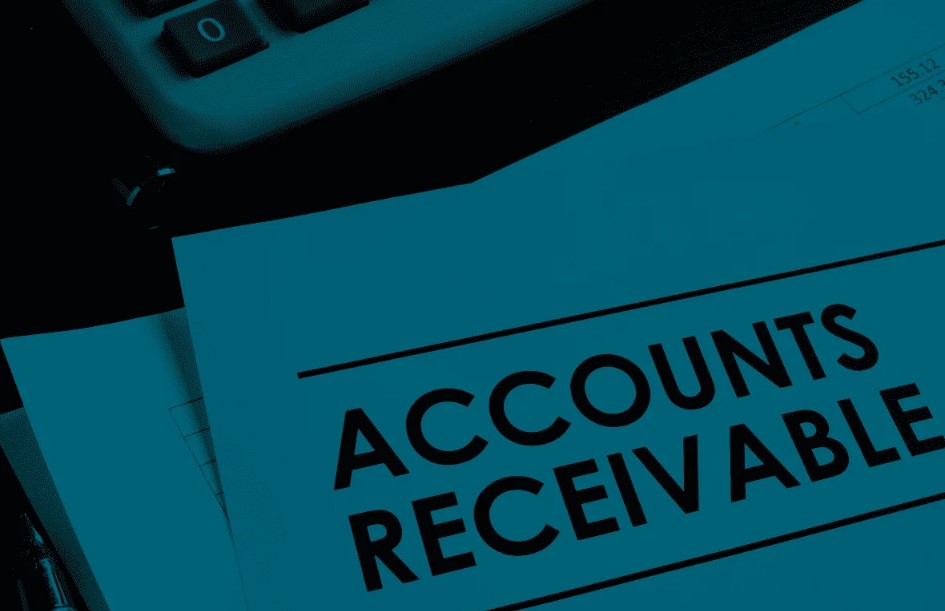
Managing overdue accounts receivable is a critical aspect of maintaining a healthy cash flow for any business. Unpaid invoices can disrupt operations, hinder growth, and strain relationships with clients. Implementing effective strategies to recover these debts is essential. This article delves into proven methods to recover overdue accounts receivable efficiently, ensuring financial stability and sustained business operations.
Understanding the Importance of Timely Collections
Timely collection of accounts receivable is vital for maintaining liquidity and operational efficiency. Delays in payments can lead to cash flow issues, affecting a company’s ability to meet its financial obligations. By establishing clear credit policies and payment terms upfront, businesses can set expectations and reduce the likelihood of overdue accounts. Regular monitoring of accounts receivable aging reports helps identify delinquent accounts early, allowing for prompt follow-up and resolution. Additionally, maintaining open communication with clients fosters trust and can lead to more timely payments.

Implementing Effective Collection Strategies
1. Establish Clear Credit Policies
Setting clear credit policies is the first step in preventing overdue accounts. These policies should outline payment terms, accepted payment methods, and consequences for late payments. Communicating these terms to clients ensures mutual understanding and sets expectations from the outset. Regularly reviewing and updating these policies can help address any emerging issues and keep the business aligned with industry standards.
2. Send Prompt and Accurate Invoices
Issuing invoices promptly and ensuring their accuracy is crucial in the collection process. Delays in invoicing or errors can lead to confusion and disputes, delaying payments. Including clear payment instructions and due dates on invoices can help clients process payments without unnecessary delays. Utilizing electronic invoicing systems can streamline this process and reduce the risk of errors.
3. Implement a Structured Follow-Up System
Establishing a structured follow-up system for overdue accounts is essential. This system should include sending reminders before and after the due date, escalating communication as necessary. Utilizing automated reminder systems can ensure consistency and timeliness in follow-ups. Personalizing communications can also enhance client relationships and encourage prompt payment.
4. Offer Flexible Payment Options
Providing clients with flexible payment options can facilitate timely payments. Accepting various payment methods, such as credit cards, bank transfers, and online payment platforms, can accommodate clients’ preferences and increase the likelihood of on-time payments. Additionally, offering payment plans for clients facing financial difficulties can help recover overdue amounts while maintaining positive relationships.
5. Utilize Early Payment Incentives
Encouraging early payments through incentives can be an effective strategy. Offering discounts or other benefits for early settlement of invoices can motivate clients to pay promptly, improving cash flow and reducing the number of overdue accounts. Clearly communicating these incentives on invoices and during negotiations can enhance their effectiveness.
Leveraging Technology for Efficient Collections
Incorporating technology into the accounts receivable process can significantly enhance efficiency. Utilizing accounting software with integrated invoicing and payment tracking features allows for real-time monitoring of outstanding accounts. Automated systems can send reminders, generate reports, and flag overdue accounts, reducing manual effort and minimizing errors. Implementing secure online payment portals can also streamline the payment process for clients, encouraging timely settlements.

When to Escalate Collection Efforts
Despite best efforts, some accounts may remain unpaid. In such cases, escalating collection efforts is necessary. This may involve sending formal demand letters, engaging collection agencies, or pursuing legal action. Before escalating, it’s essential to review the client’s payment history, communication records, and any agreements in place. Consulting with legal professionals can provide guidance on the appropriate steps and ensure compliance with relevant laws and regulations.
The Role of Legal Professionals in Debt Recovery
Engaging legal professionals can be a crucial step in recovering overdue accounts. Attorneys specializing in debt recovery possess the expertise to navigate complex legal frameworks and pursue appropriate actions. They can assist in drafting demand letters, negotiating settlements, and representing the business in court if necessary. Collaborating with legal professionals ensures that collection efforts are conducted within the bounds of the law and can increase the likelihood of successful recovery.
Maintaining Client Relationships During the Process
Preserving client relationships during the collection process is vital for long-term business success. Approaching overdue accounts with professionalism and understanding can foster goodwill and encourage prompt payment. Maintaining open lines of communication, offering flexible payment solutions, and demonstrating a willingness to work with clients can strengthen relationships and enhance the likelihood of future business.

Conclusion
Effectively recovering overdue accounts receivable requires a combination of clear policies, structured processes, technological tools, and professional expertise. By implementing these strategies, businesses can improve cash flow, reduce the number of overdue accounts, and maintain positive client relationships. Proactive management of accounts receivable is essential for sustaining financial health and supporting business growth.
If your business is facing challenges with overdue accounts, consider partnering with The Stevens-Lloyd Group, Inc. Our global network of experienced debt recovery attorneys is equipped to handle both domestic and international collections, ensuring that your interests are protected and debts are recovered efficiently. Visit our website or contact us today to learn more about how we can assist your business in managing and recovering overdue accounts receivable.
![]()
